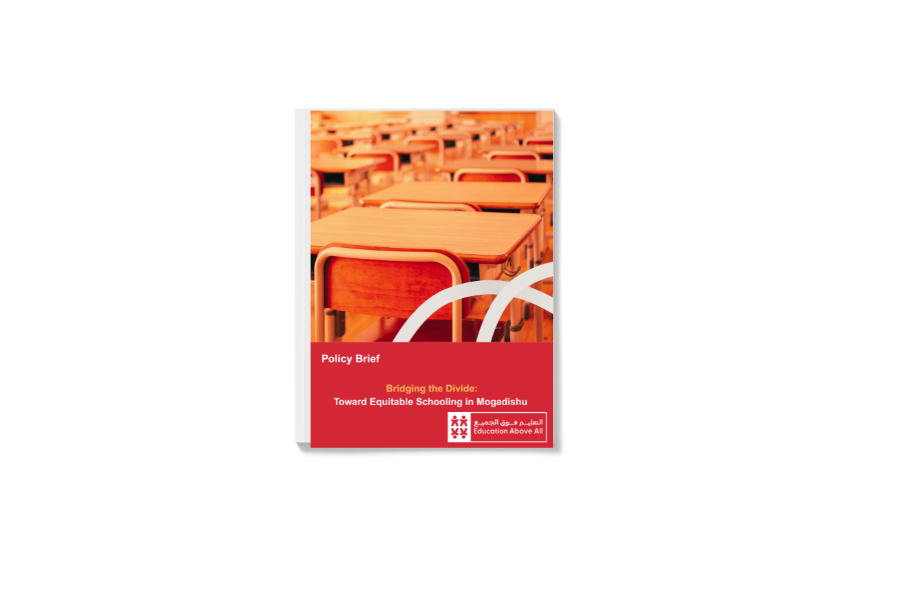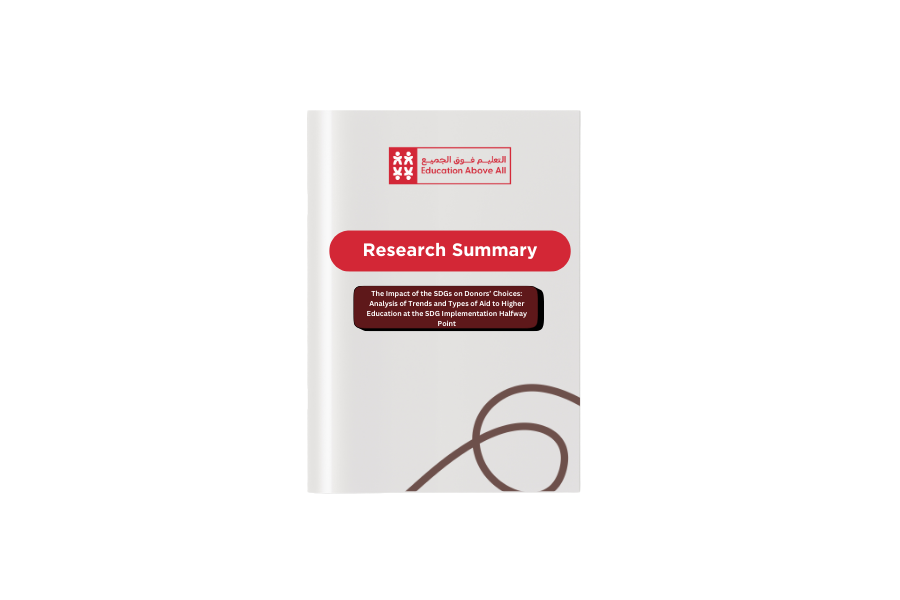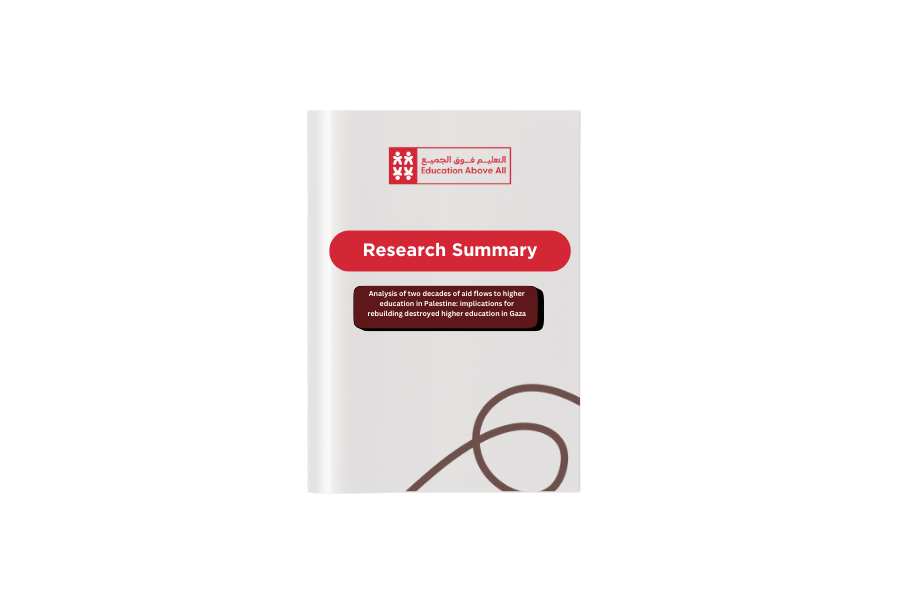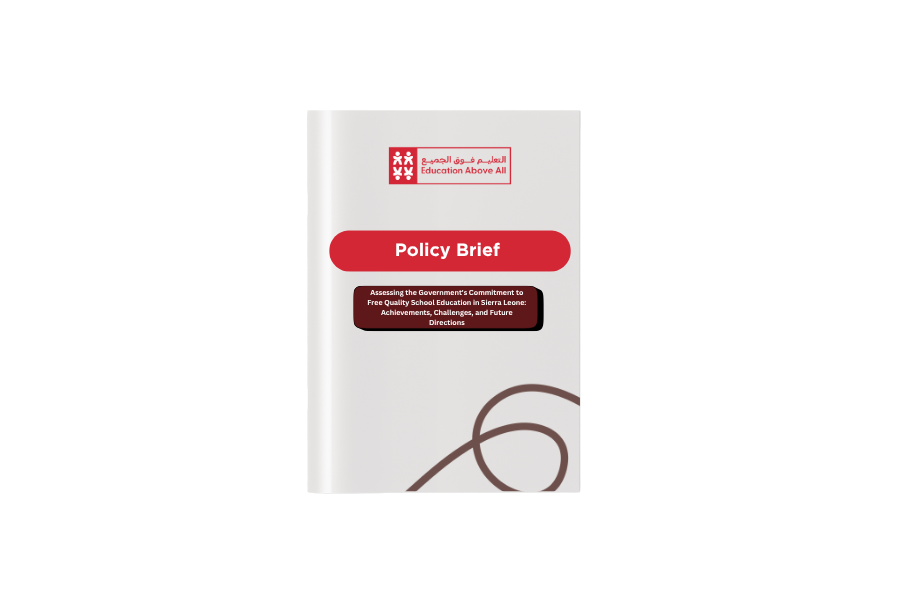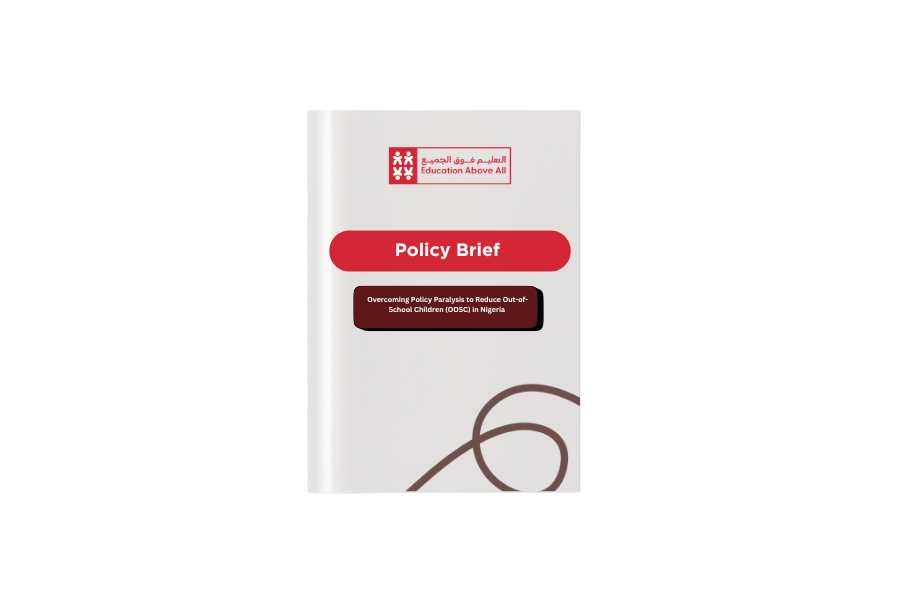
Policy Brief : Overcoming Policy Paralysis to Reduce Out-of-School Children (OOSC) in Nigeria
This policy brief, "Overcoming Policy Paralysis to Reduce Out-of-School Children in Nigeria," examines how chronic underfunding and inefficient resource management have contributed to one of the highest global rates of out-of-school children. It highlights how political interference, mismanagement, and a lack of data-driven decision-making have led to policy paralysis, undermining Nigeria’s progress toward achieving SDG 4 (Quality Education).
The brief draws on recent evidence to argue for the adoption of performance-based budgeting, enhanced stakeholder engagement, and alternative funding models to improve education access. It emphasizes that reforming budgetary processes and leveraging data can break cycles of exclusion and create a more equitable education system.
What This Policy Brief Offers
-
Analysis of Policy Paralysis in Education Funding
-
Insights into Governance and Resource Allocation Challenges
-
Evidence-Based Recommendations for Funding Reform
Why It Matters
With an estimated 20.2 million children out of school, Nigeria accounts for one-fifth of the global OOSC population. Addressing this crisis requires moving beyond fragmented interventions toward systemic reform. By linking budgets to educational outcomes, improving transparency, and exploring innovative funding approaches, Nigeria can close the education gap and ensure no child is left behind.
👉 [Read the full policy brief] to discover how performance-based budgeting, grassroots participation, and alternative financing can unlock progress and enhance access to education in Nigeria
Key Publication
Nwoke, C., Oyiga, S. and Cochrane, L., 2024. Assessing the phenomenon of out‐of‐school children in Nigeria: Issues, gaps and recommendations. Review of Education, 12(3), p.e70011. https://doi.org/10.1002/rev3.70011

